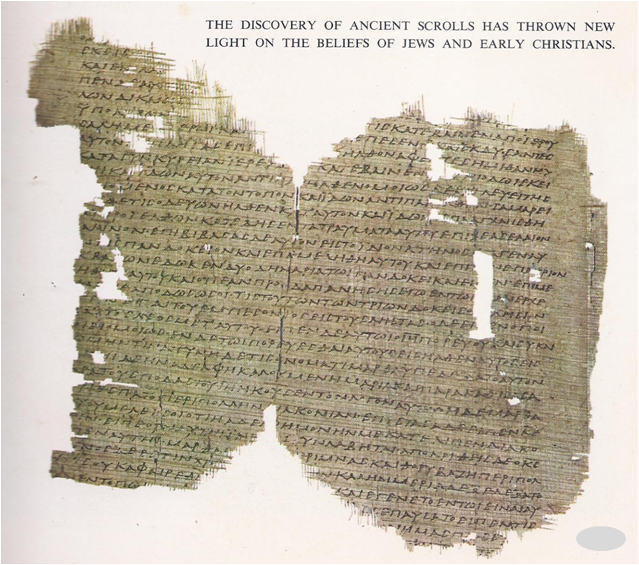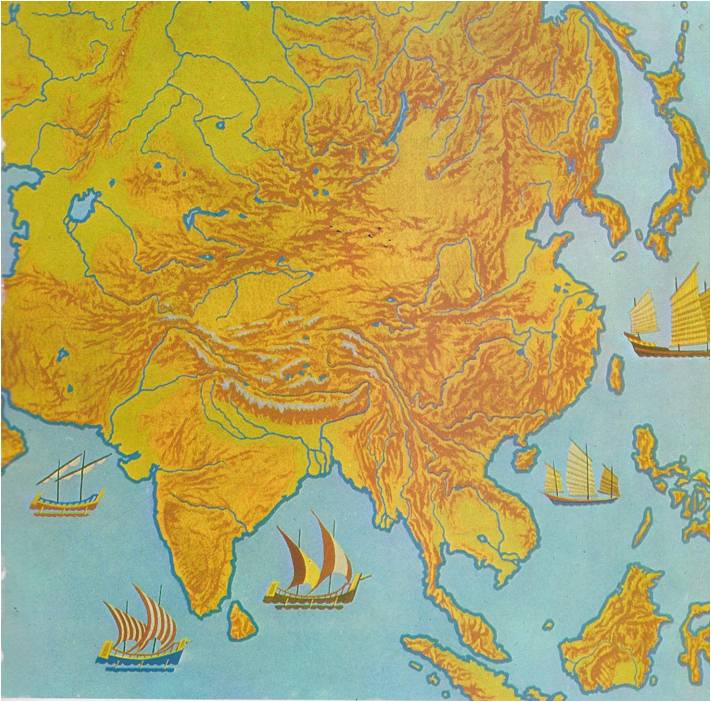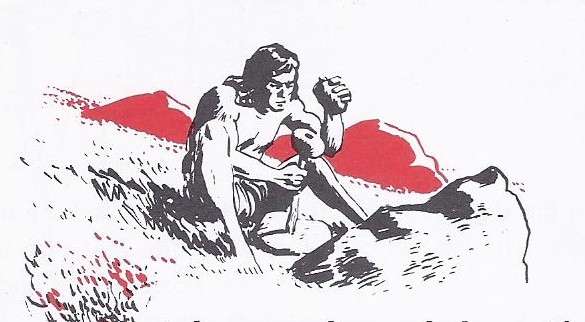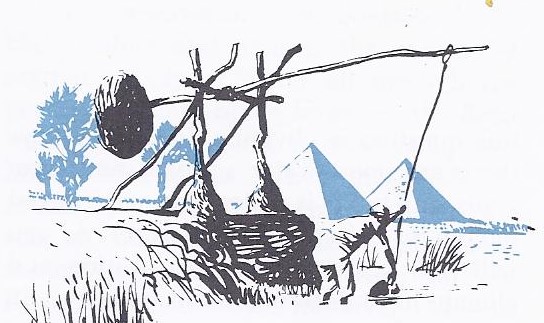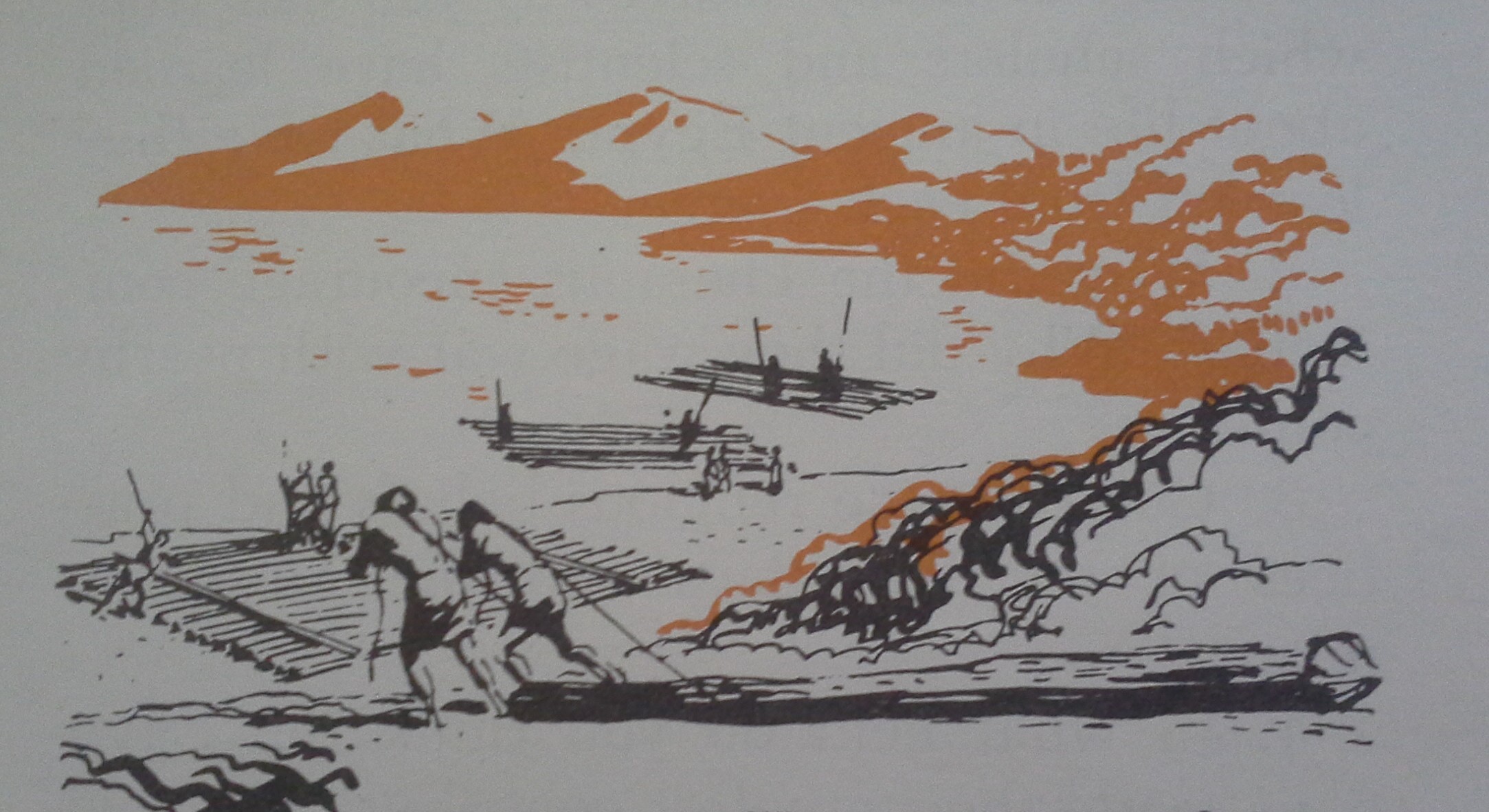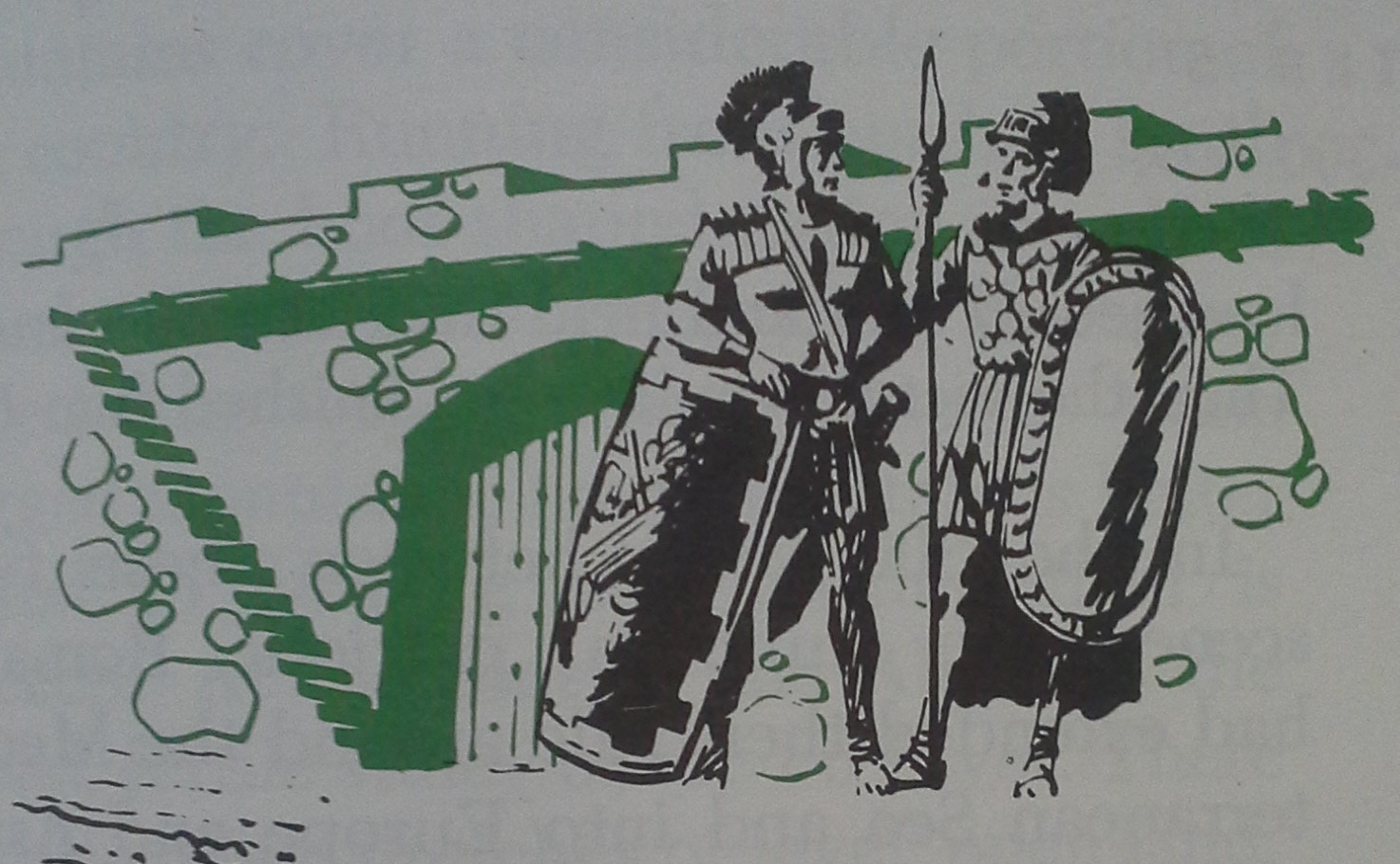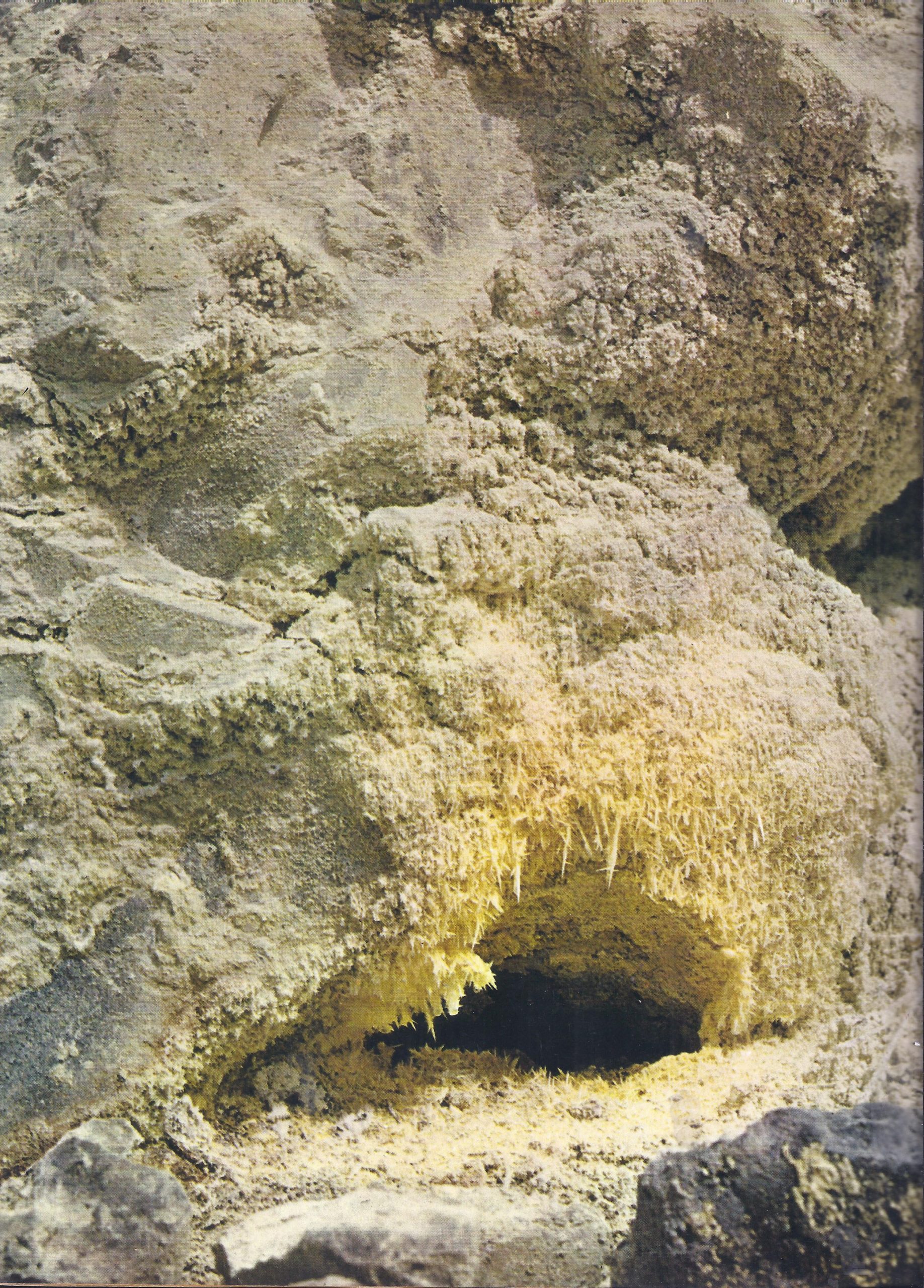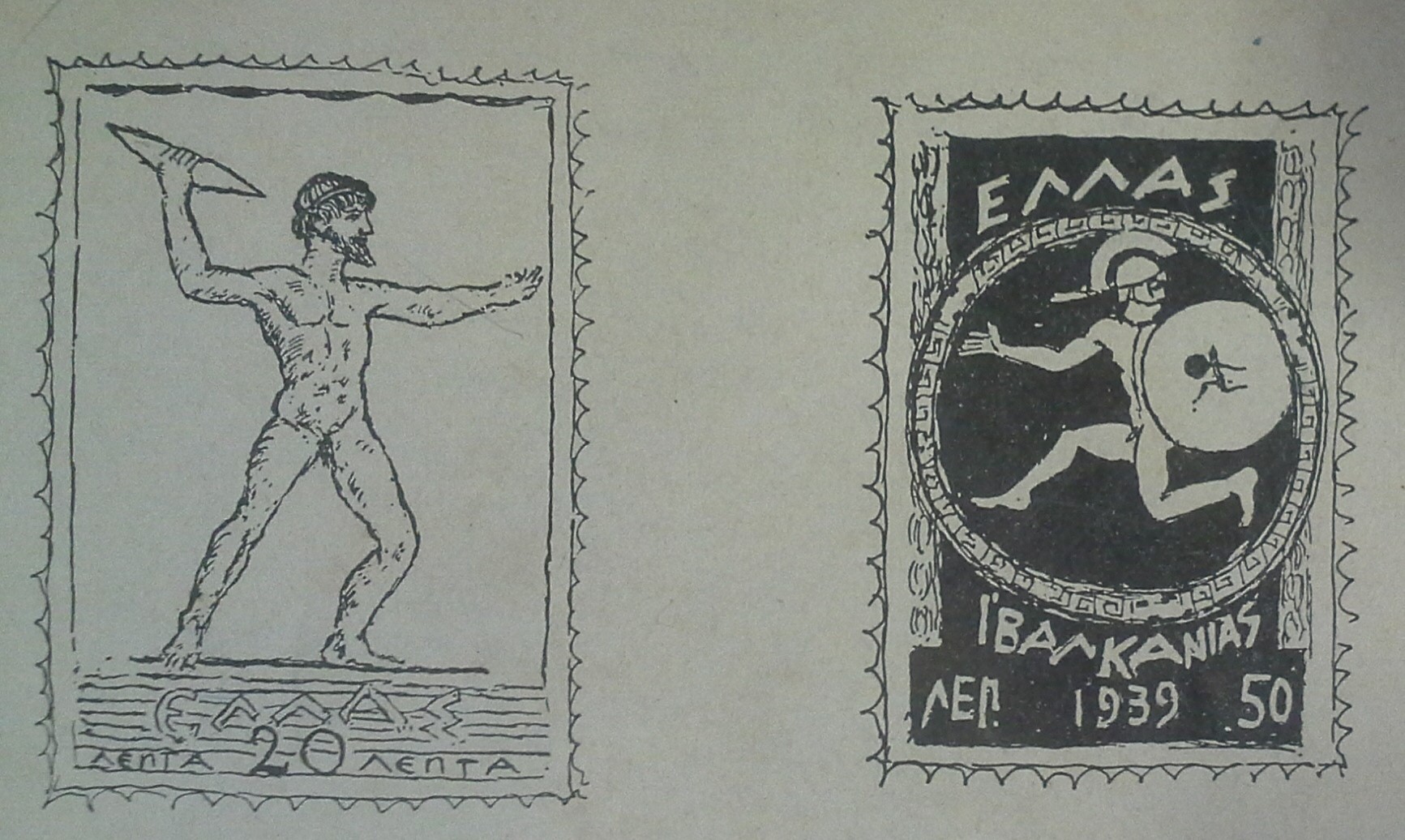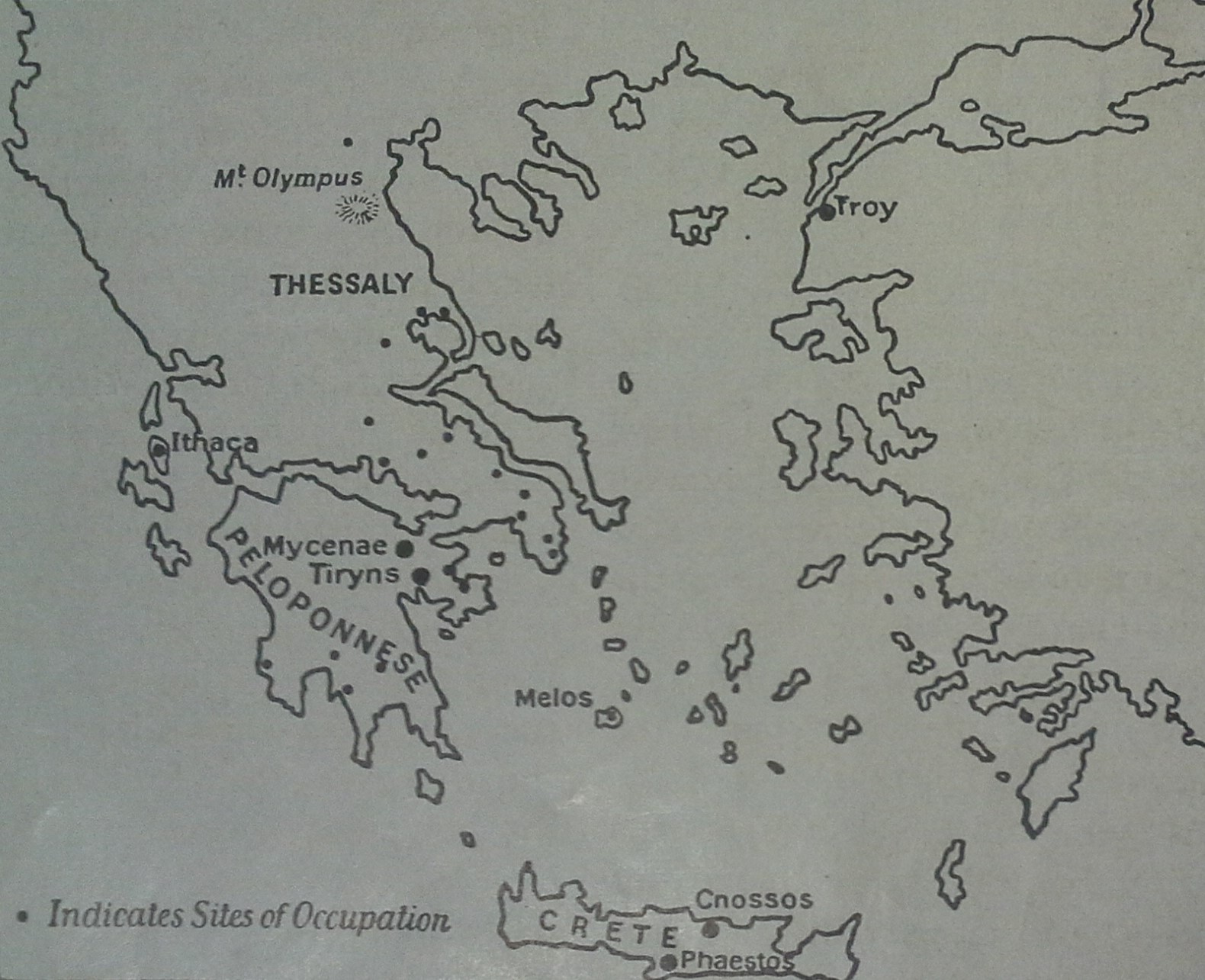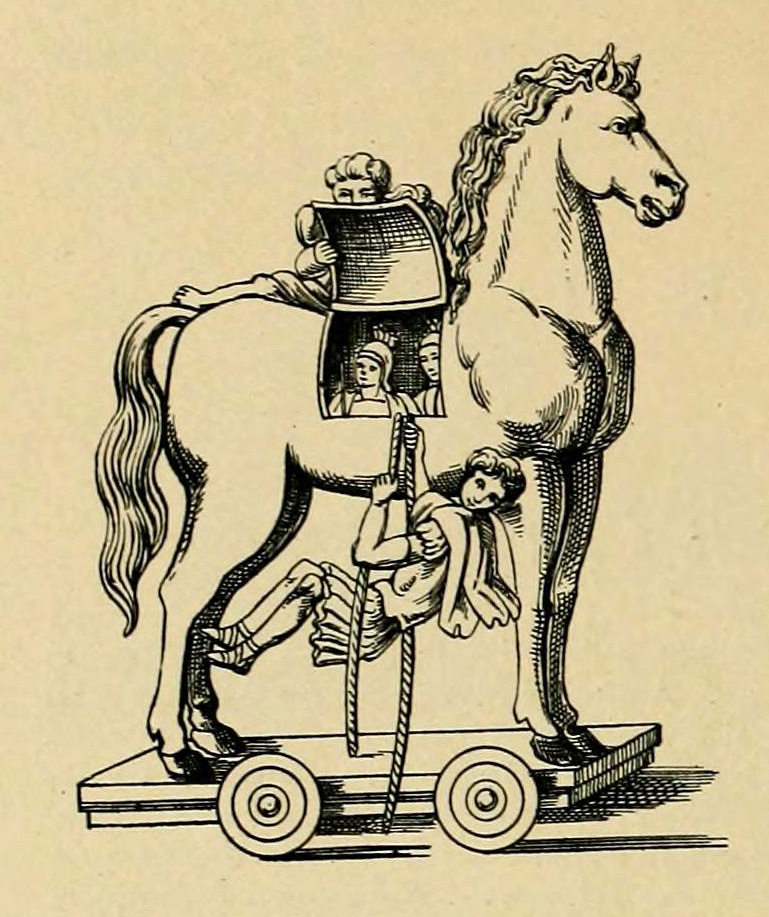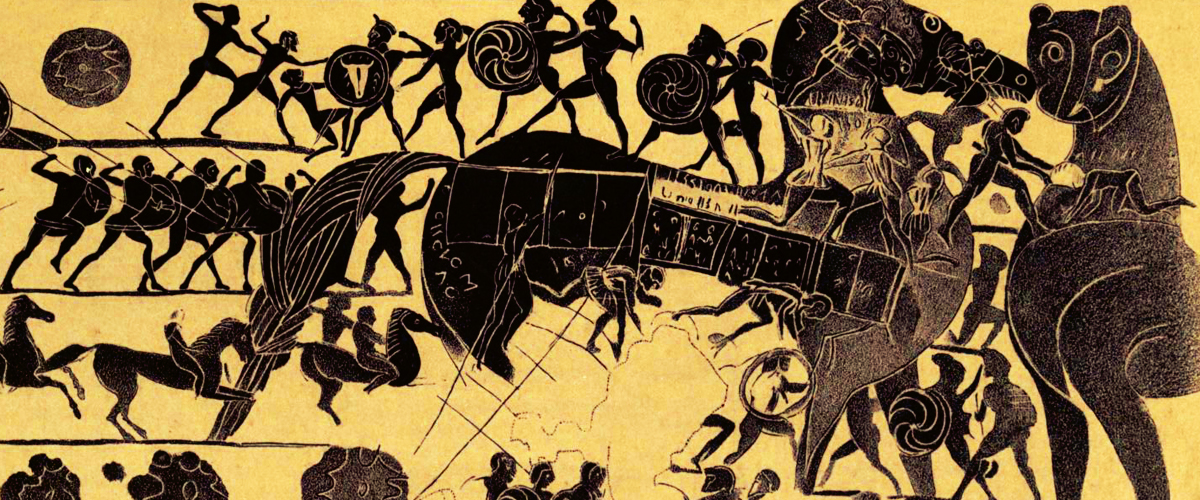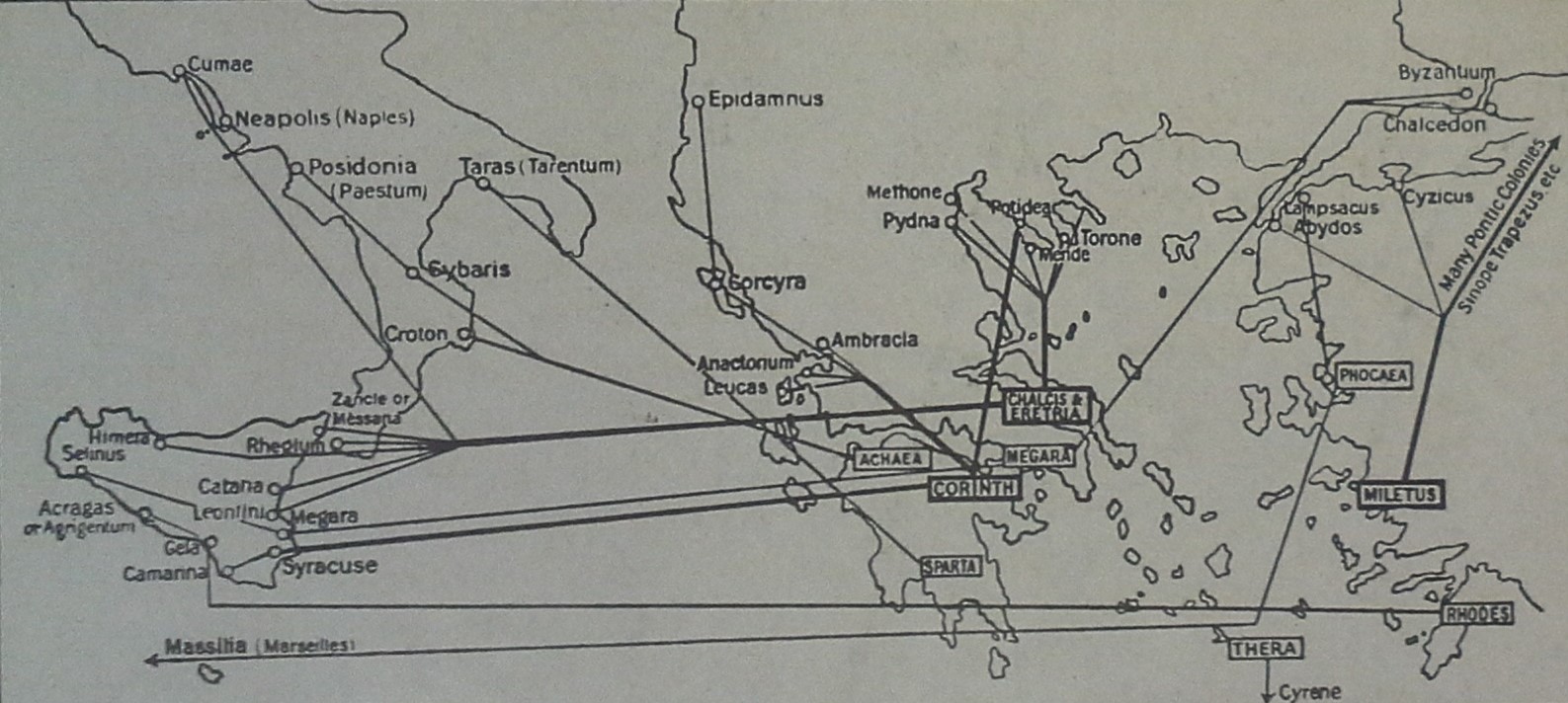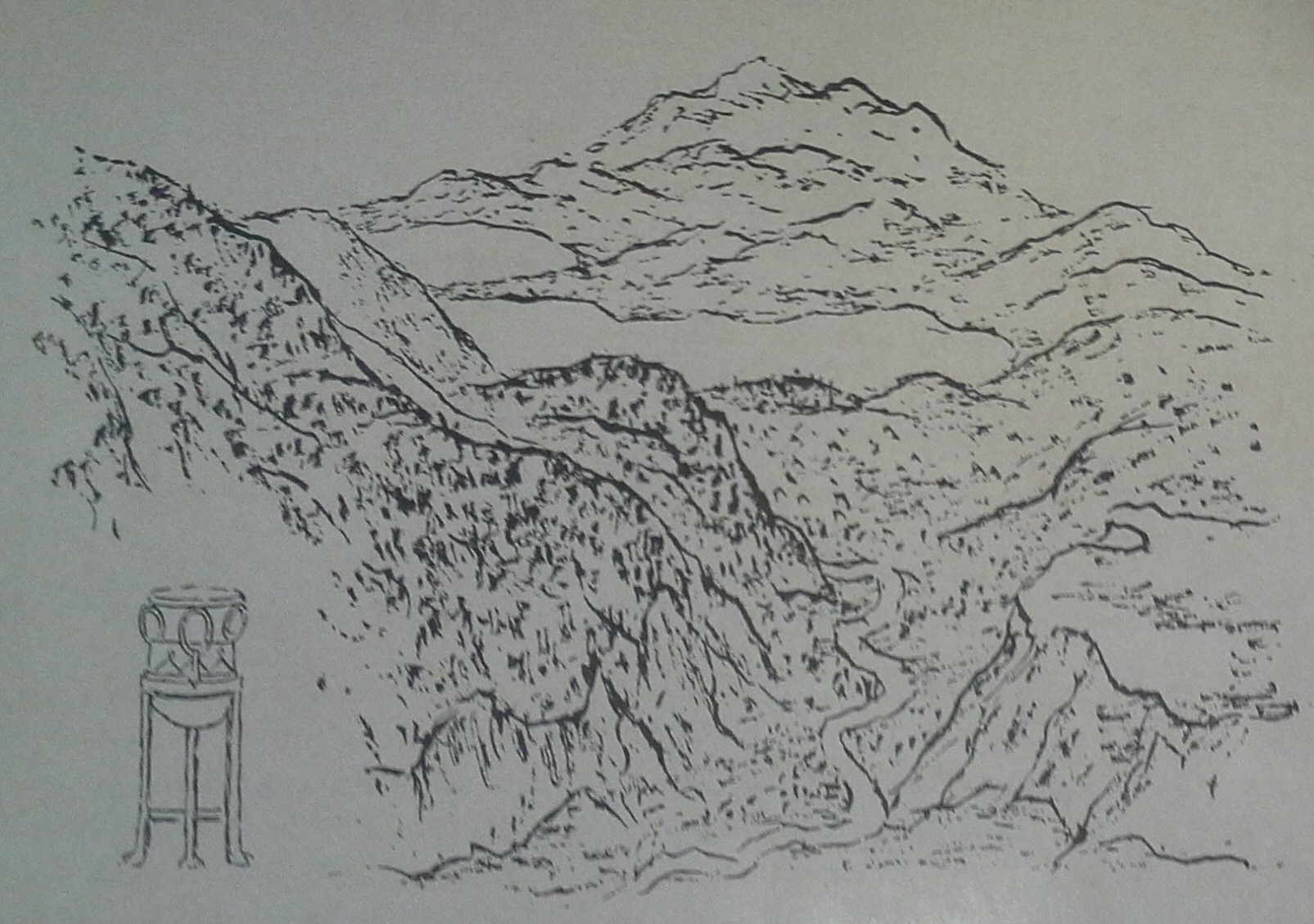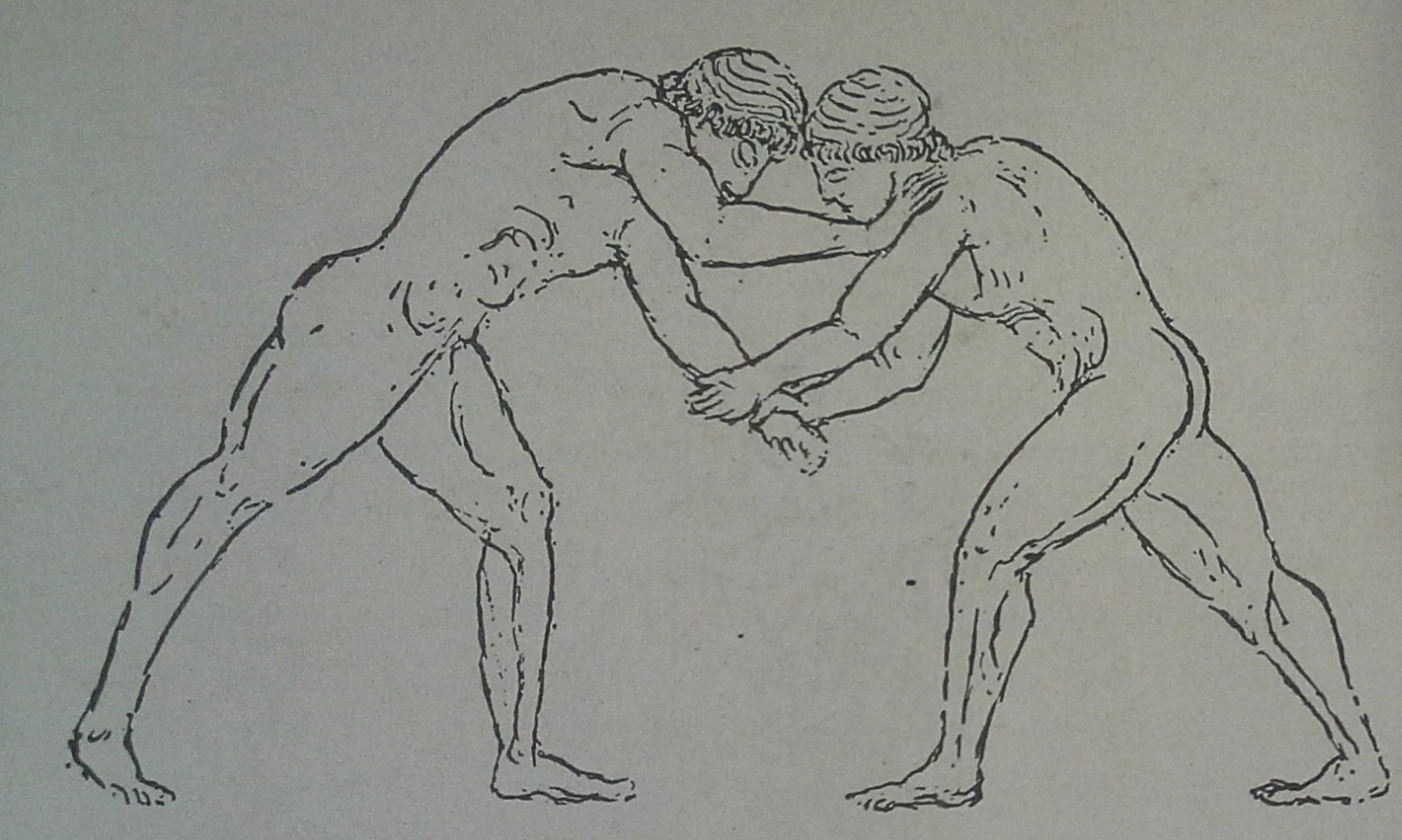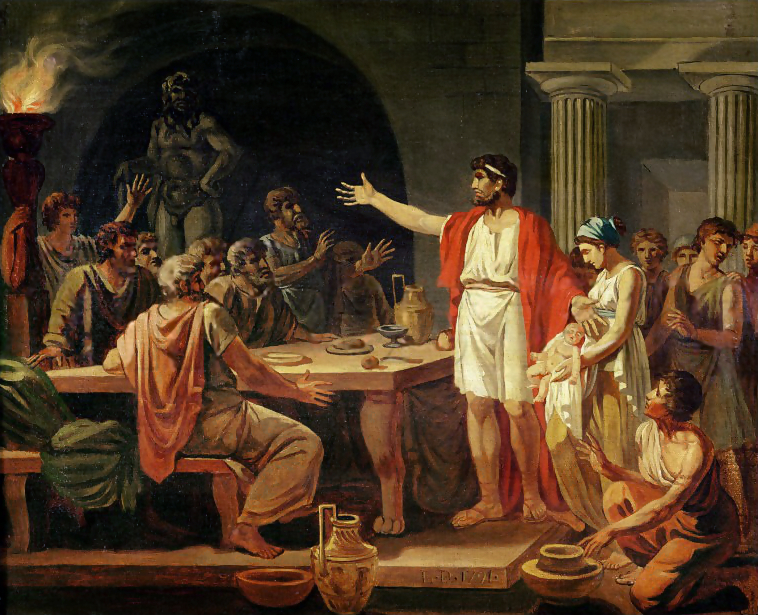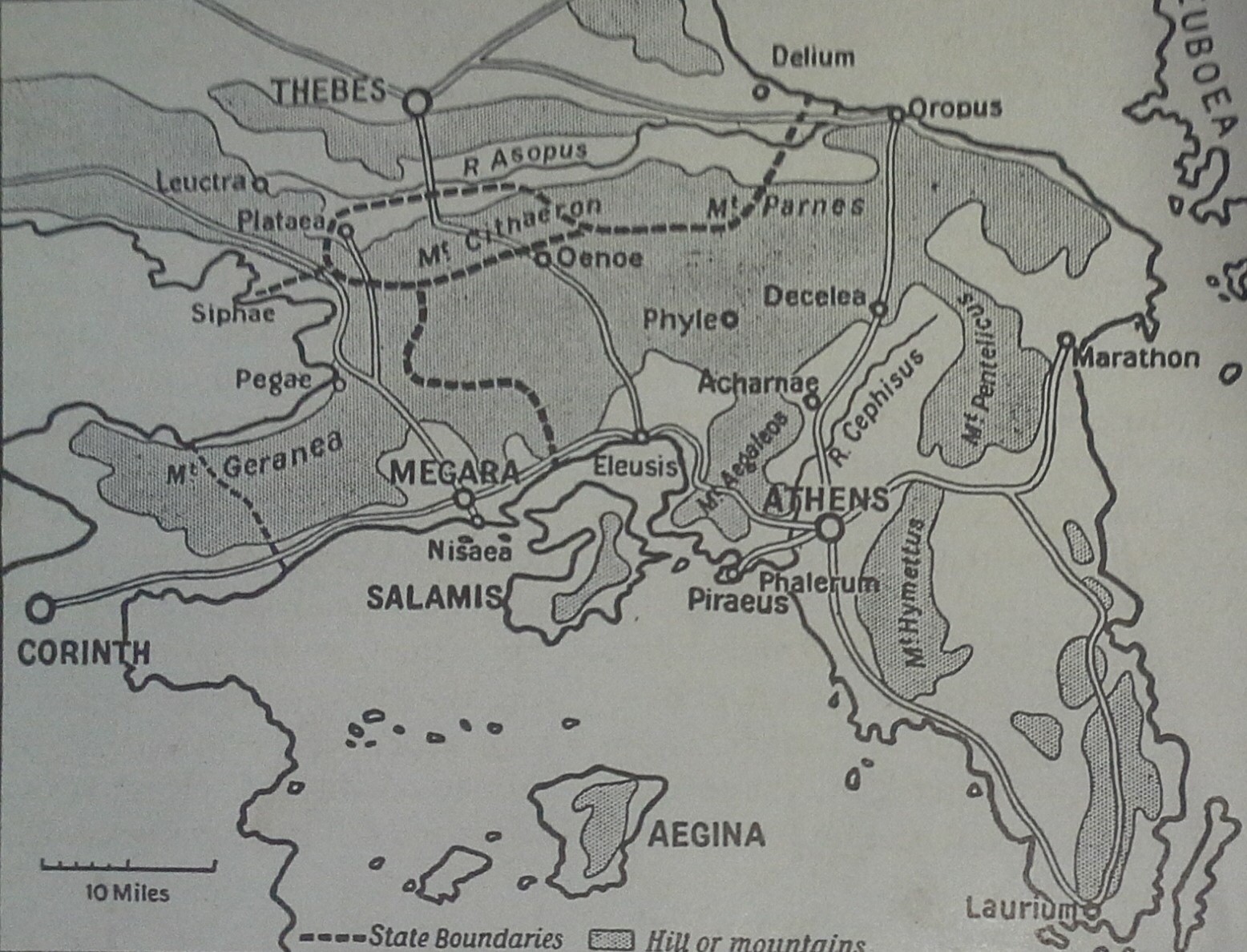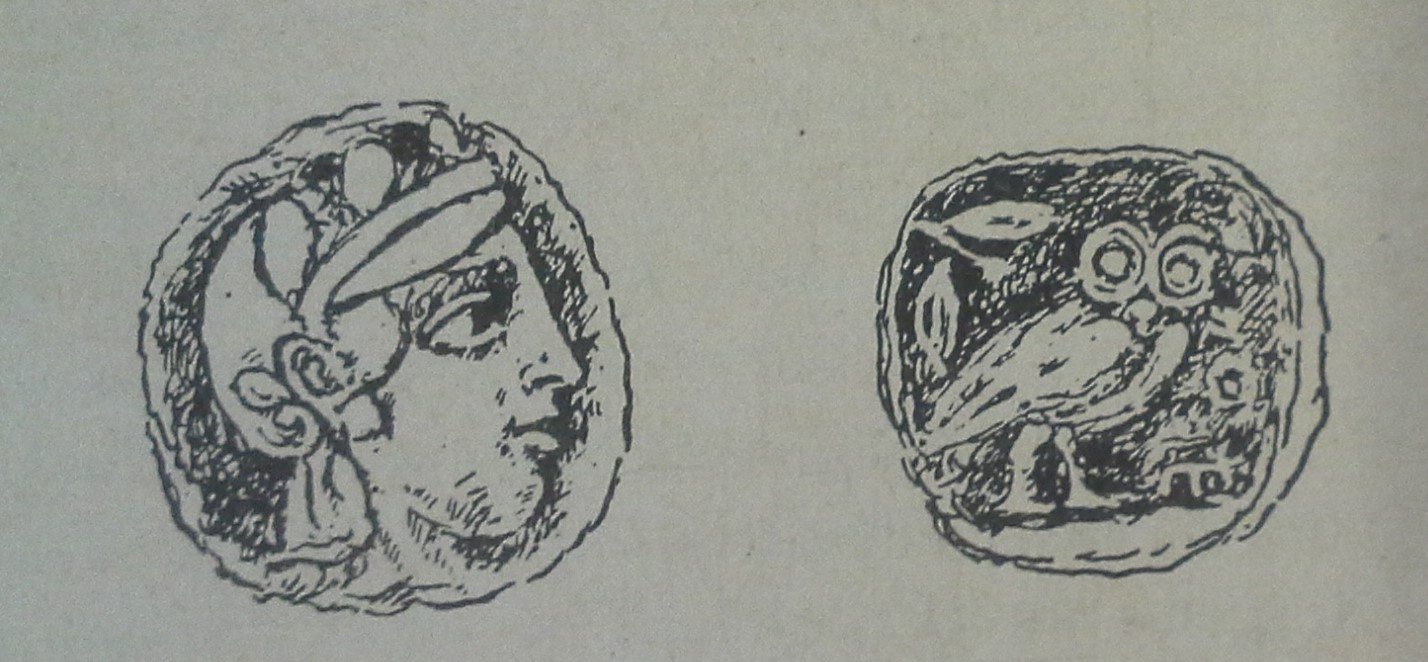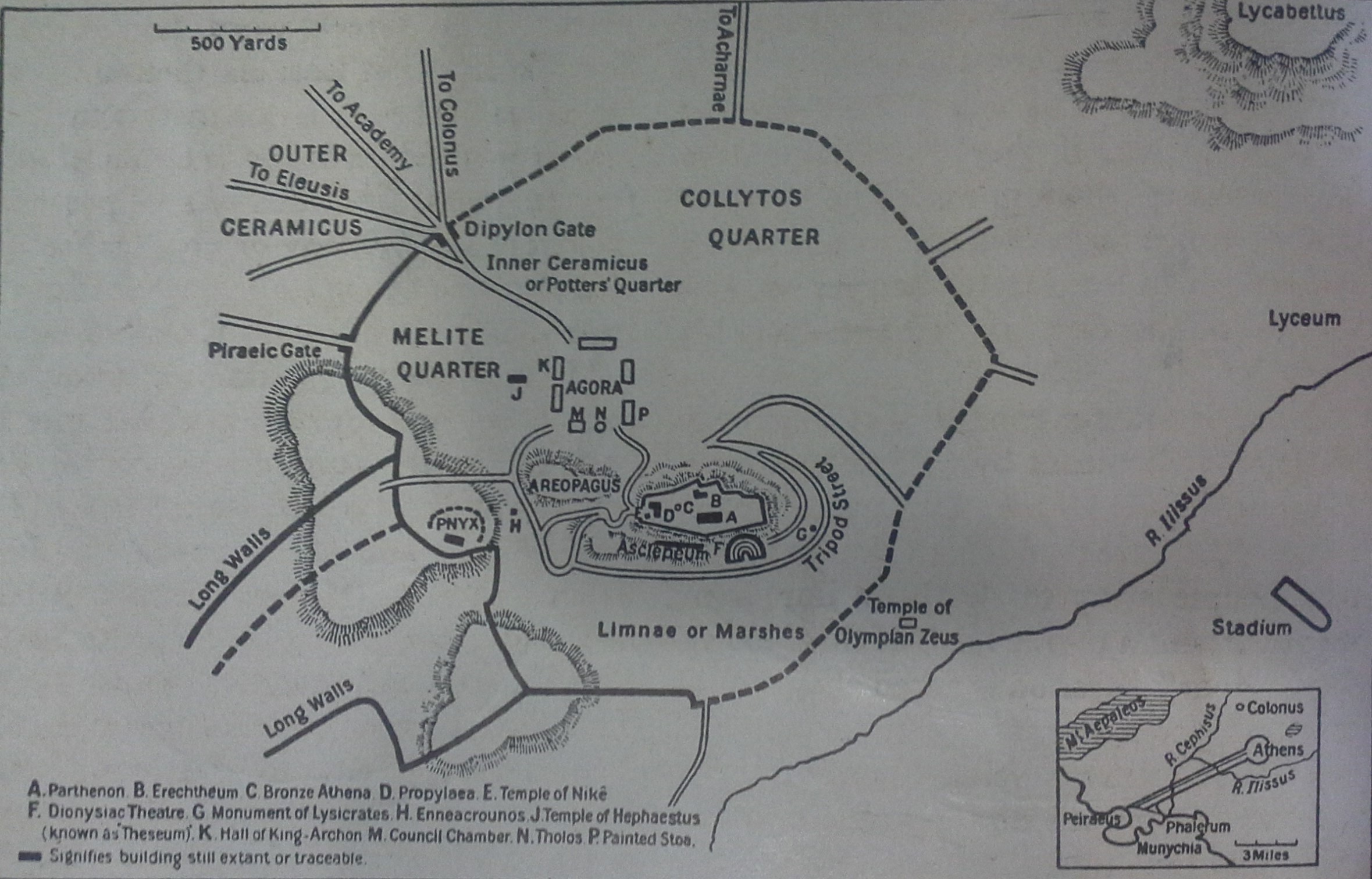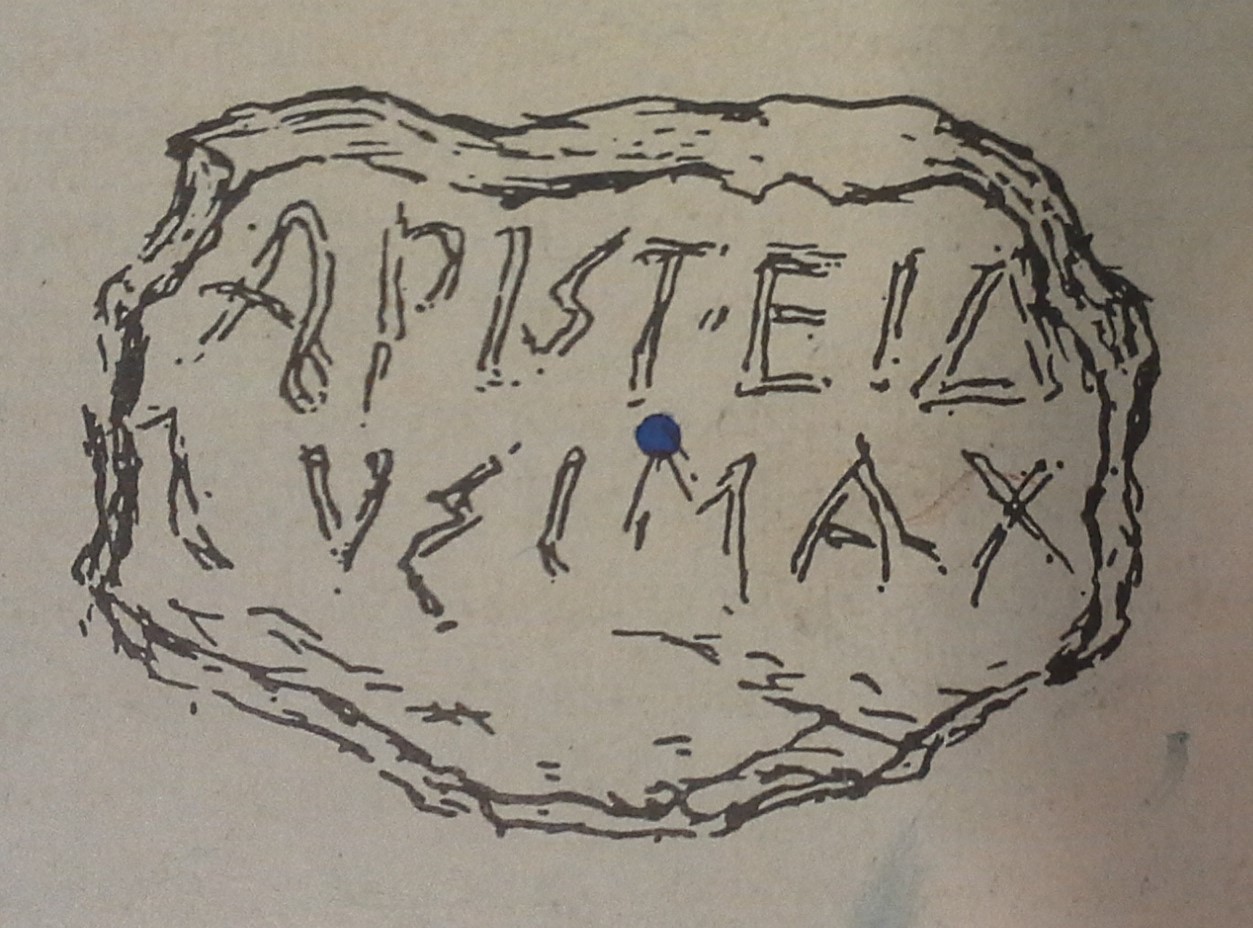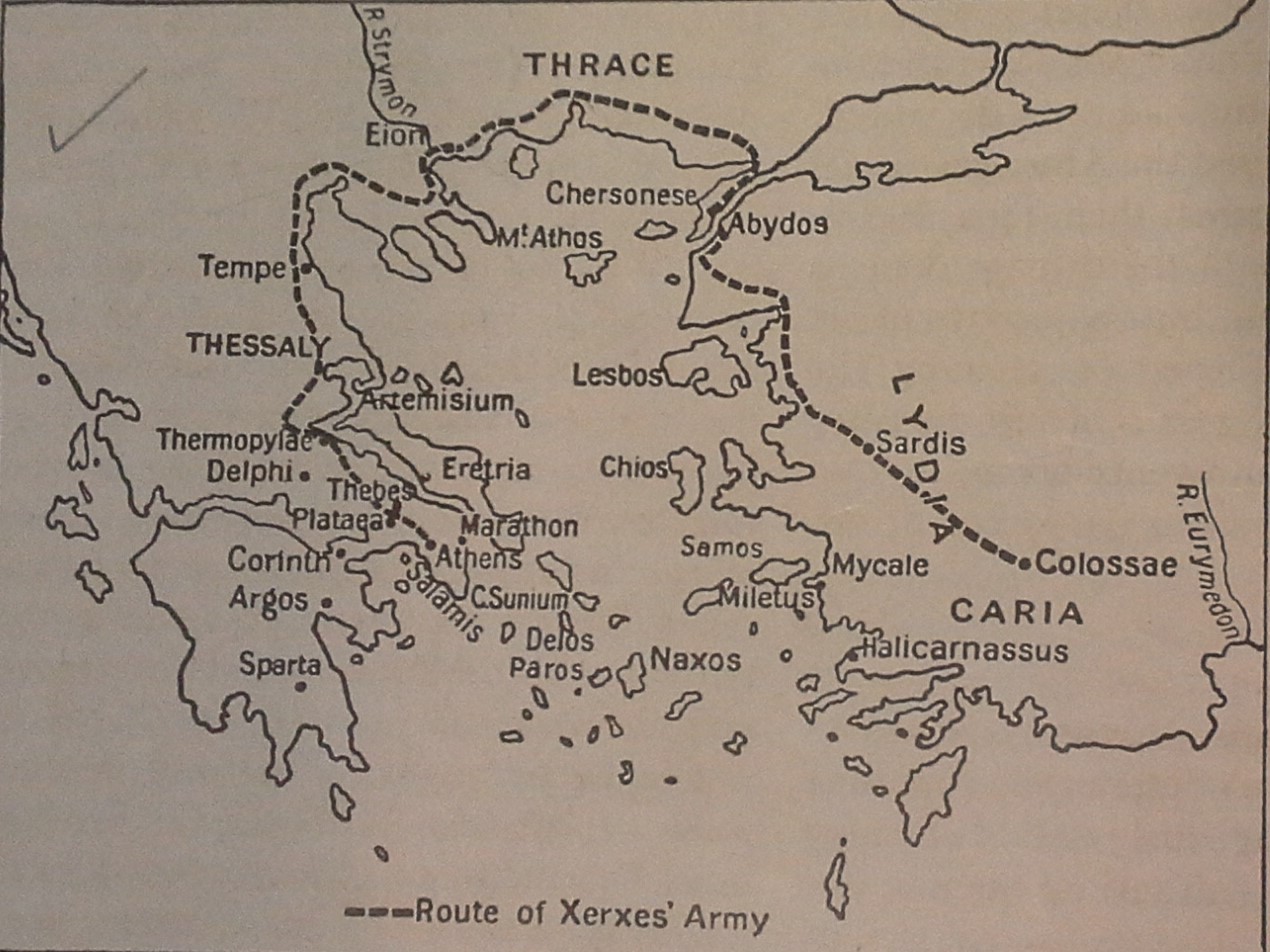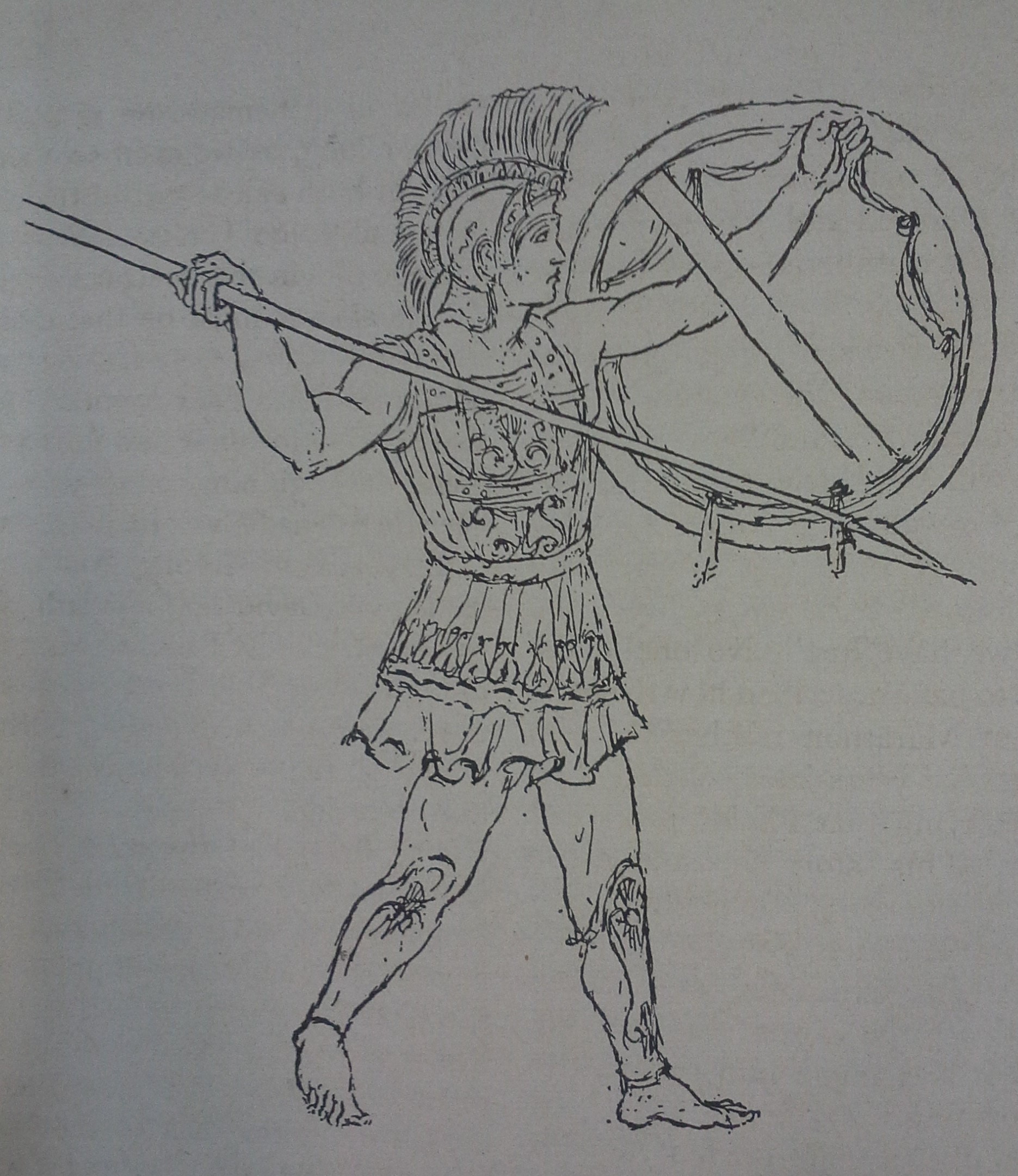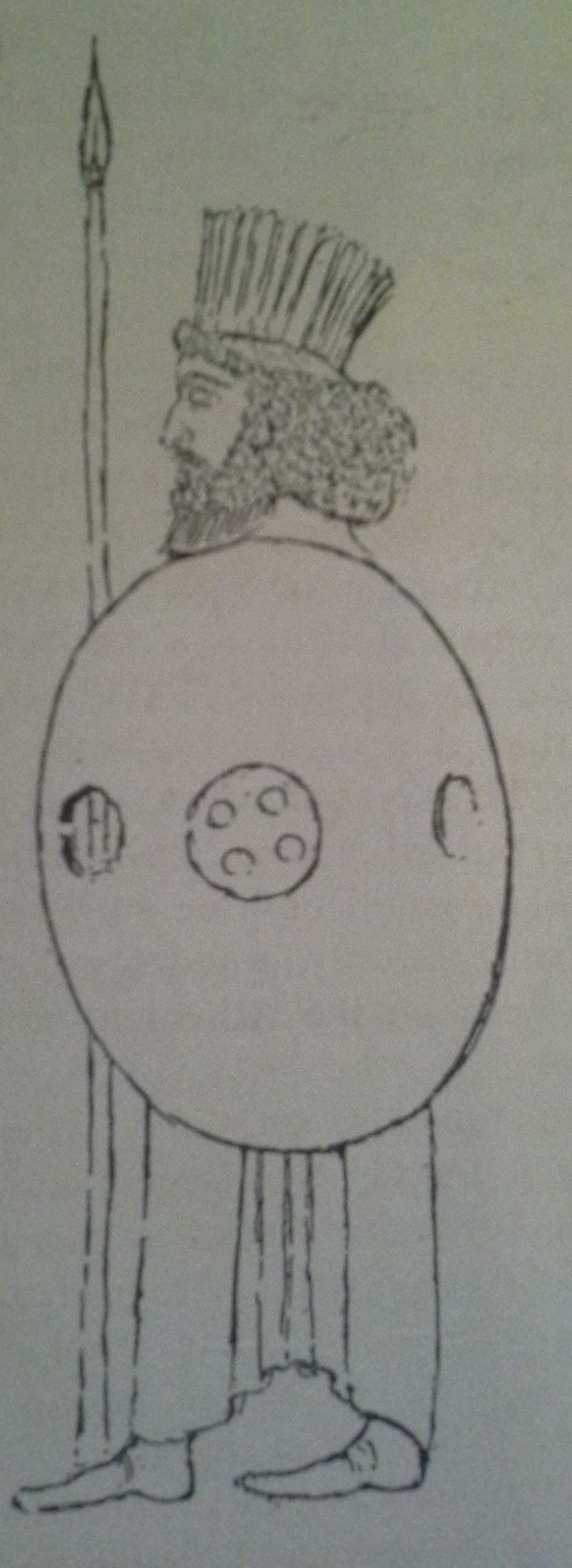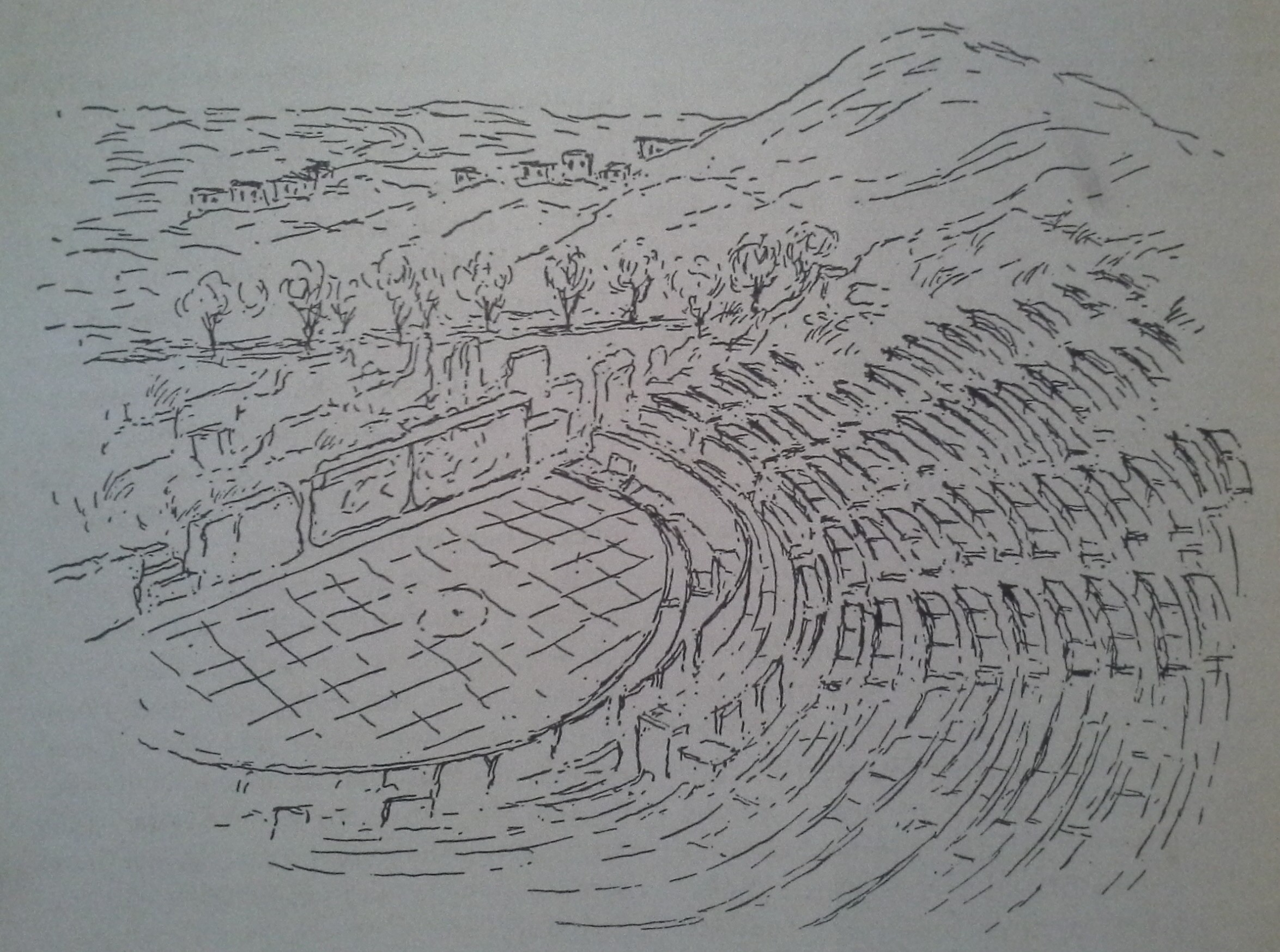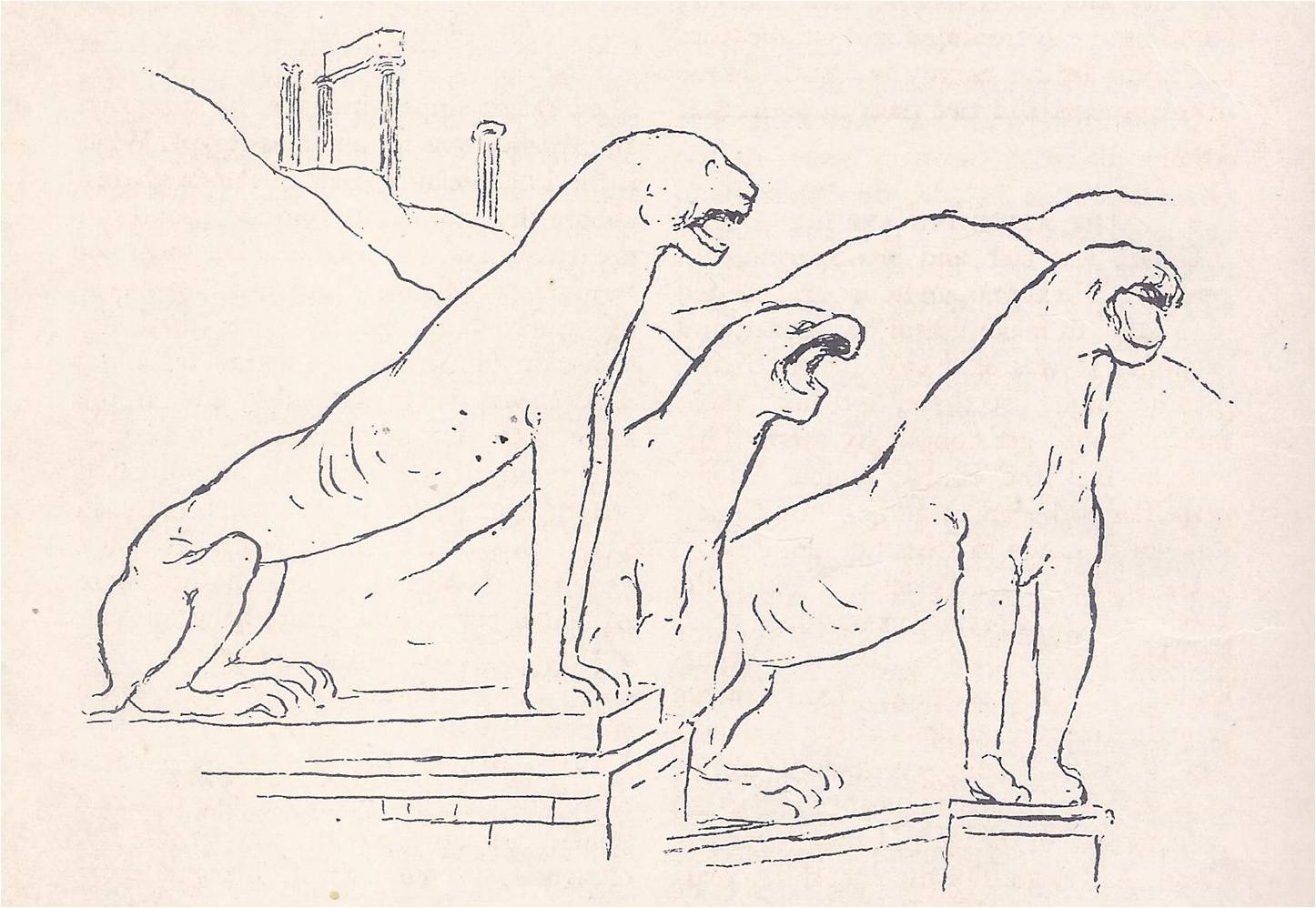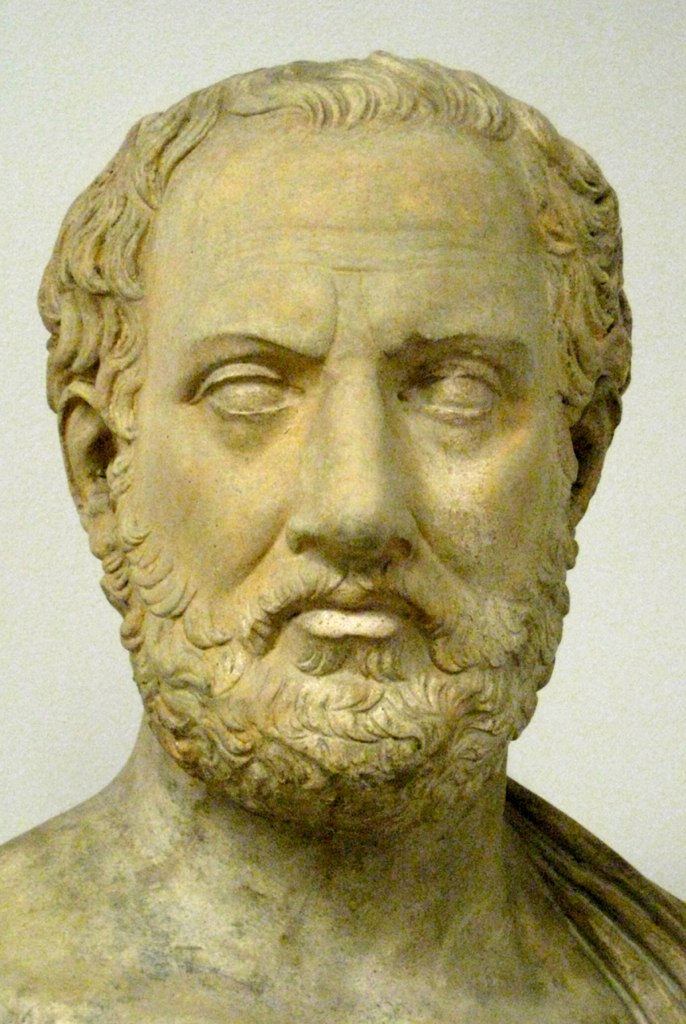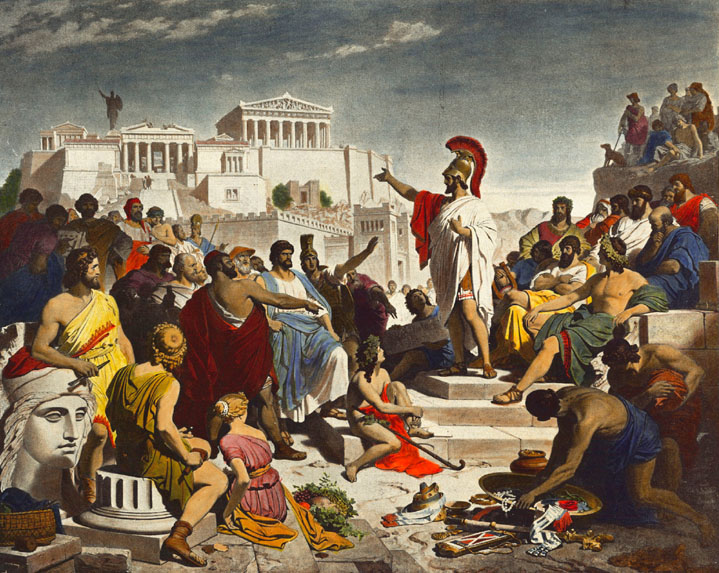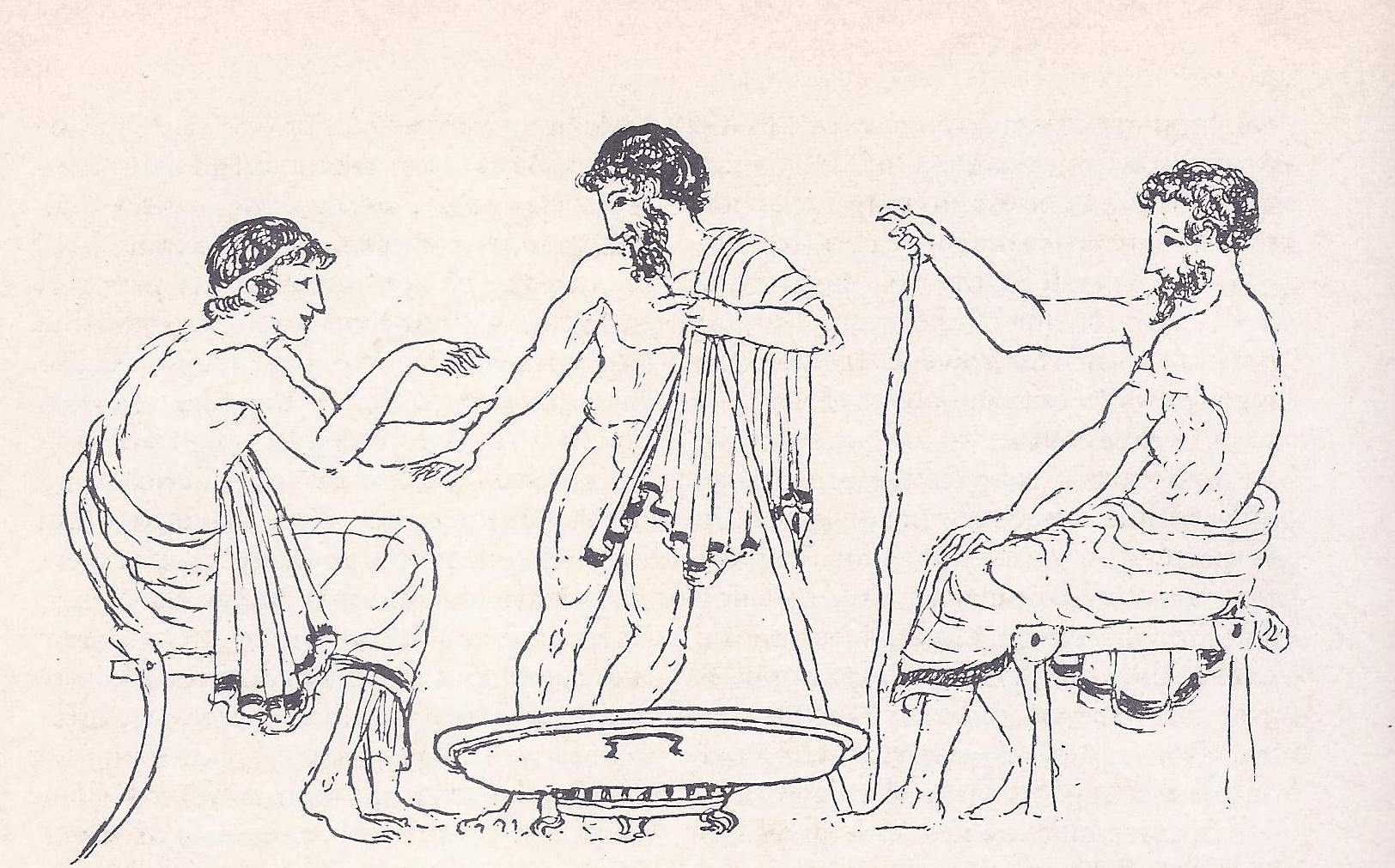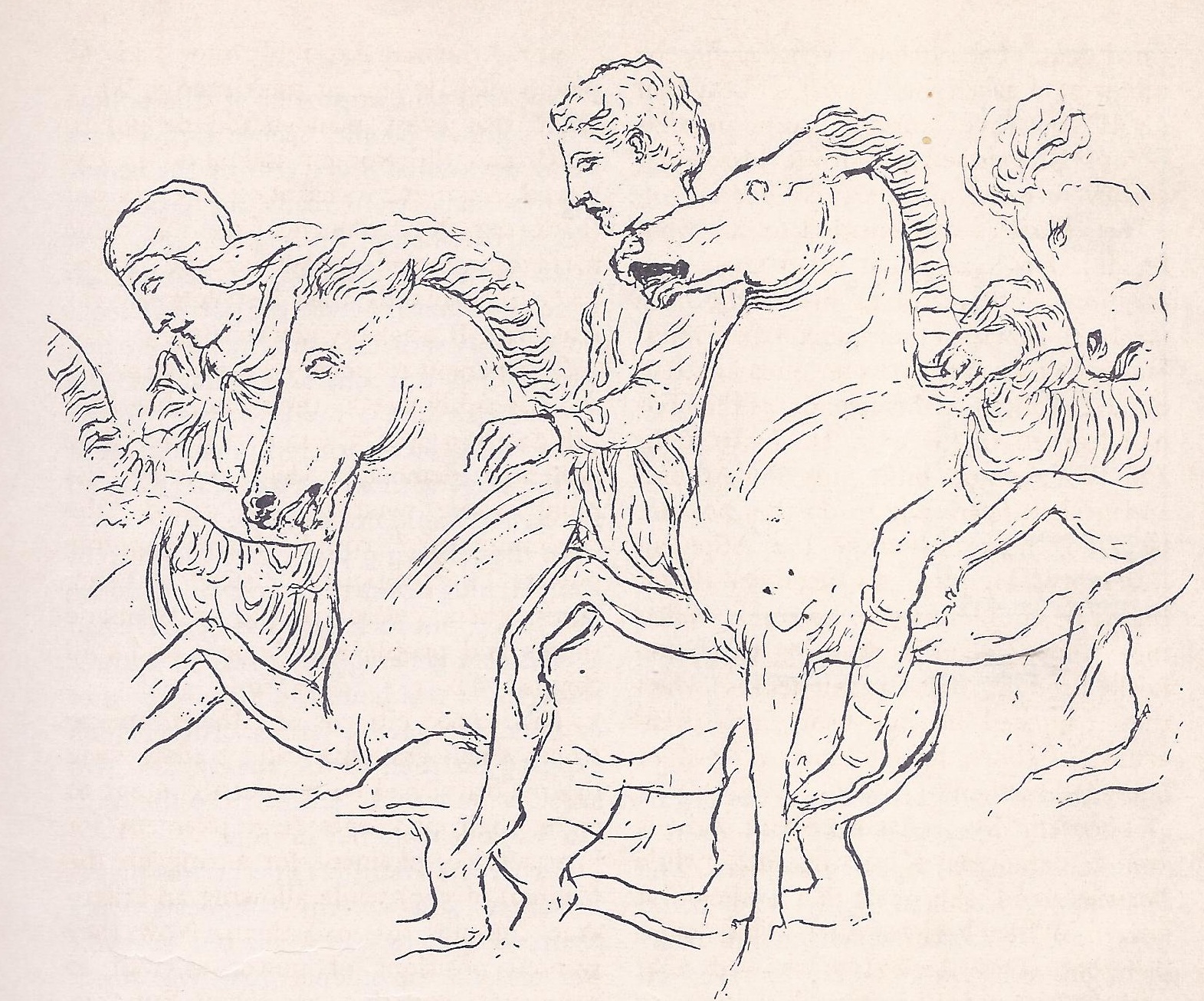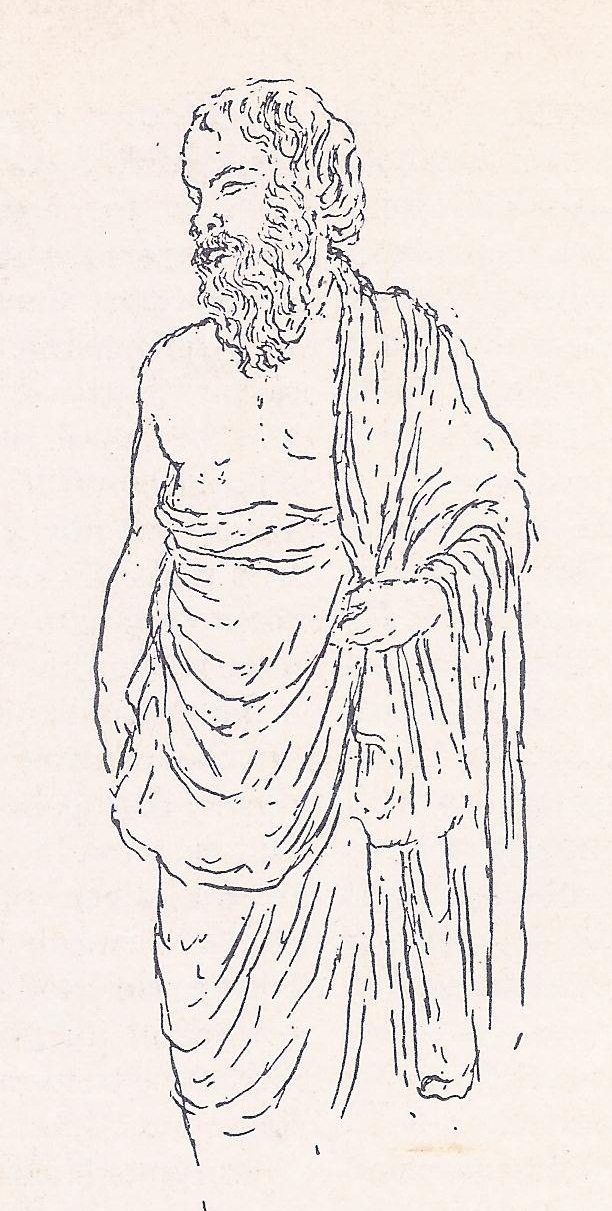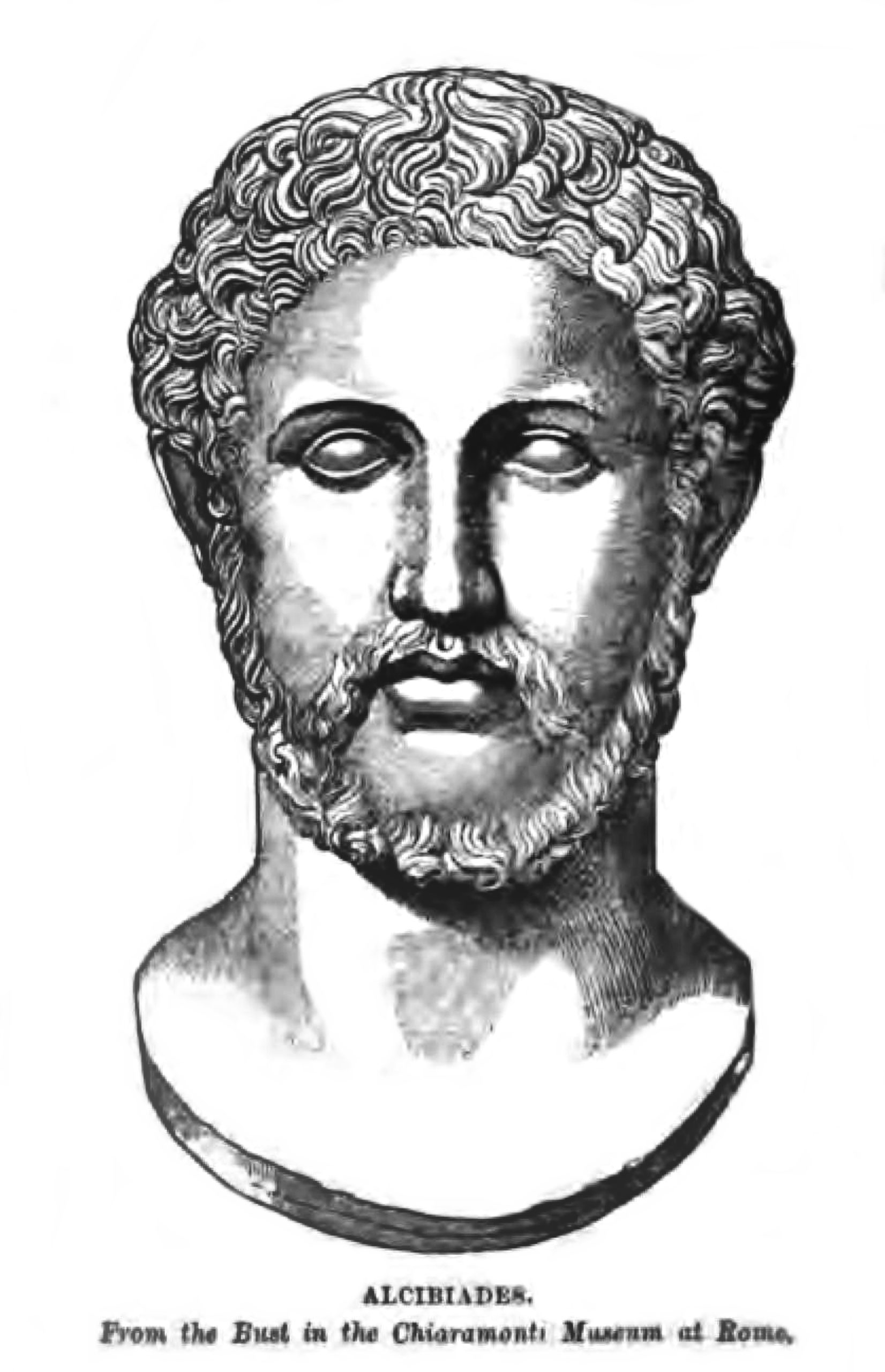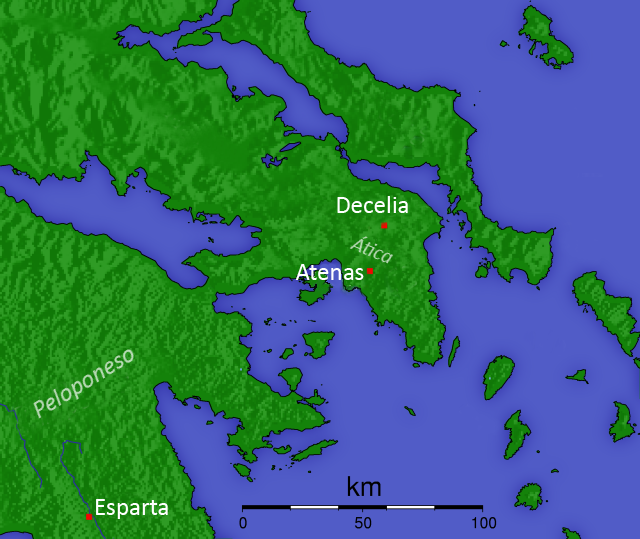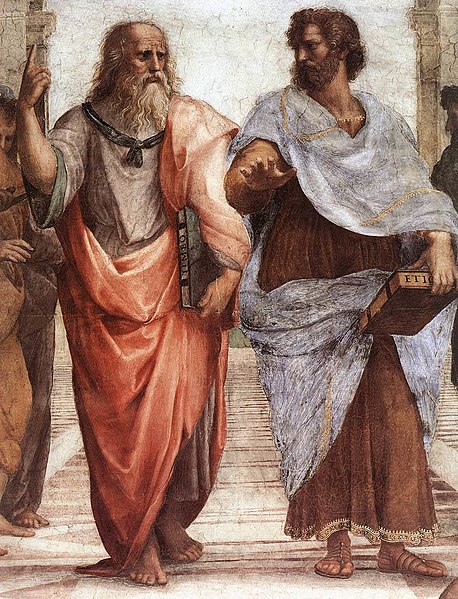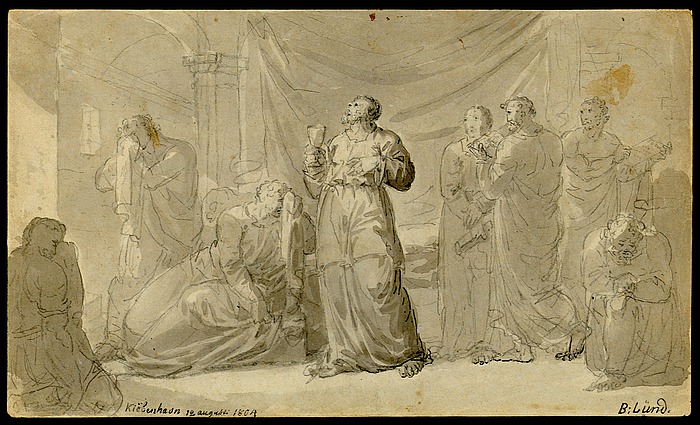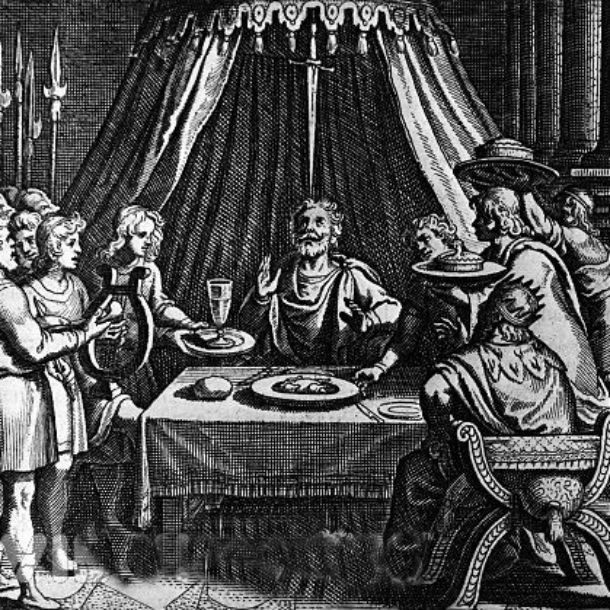Latest Posts
The Resurrection and the Faithful Few A. D. 29 – 35
JESUS lived and died a Jew. Like the ancient Hebrew teachers, he urged people to love God and to love
The Life of Jesus Christ (B. C. 6 to 29 A. D.)
ALL THAT is known about Jesus of Nazareth appears in the first four books of the New Testament. These books,
The First Palm Sunday A.D. 29
IT WAS the Sunday before Passover. The soft greens of spring and patches of wild flowers brightened the hills above
Early Civilizations to Modern Age
The Ottomans, the Last Great Islamic Power A.D. 1299-1922
ACCORDING to their tradition, the Ottoman Turks once belonged to the same Central Asian tribe as the Seljuk Turks. Their
Islam the Civilizer A. D. 622-1406
IF Islam had never existed, the Christian countries of the world would probably be less advanced and certainly less varied,
India: A Thousand Years of History A. D. 1 – 710
UNTIL 1947, when the Moslem state of Pakistan was carved out of its western and eastern corners, the entire triangle
Distant Past and New Challenges
Milestones of History
Hammurabi – The First Law Code (1750 B. C.)
As the political state evolved, the problem of its administration evolved too. The territory ruled over by Hammurabi of Babylon
Hittites – A New Power Arises (1750 – 1450 B.C.)
Hittites, a new power, arises in the Near East and Babylon is eclipsed. The Babylonian kings who followed Hammurabi were
The Eruption of Santorin – (B.C. 1450)
By 2000 B.C. Crete, and its out post the island of Santorin, was the home of a remarkable, flourishing civilization. Known

